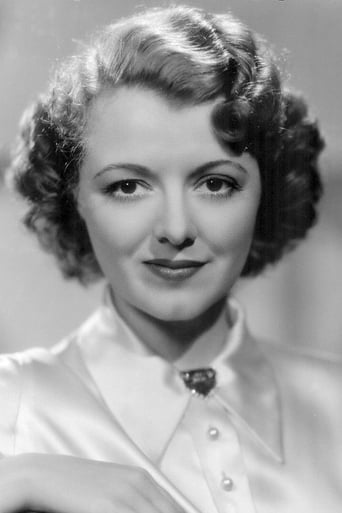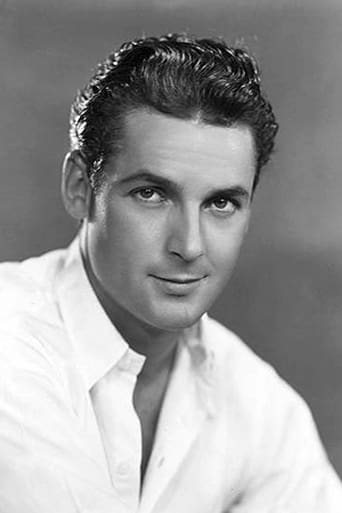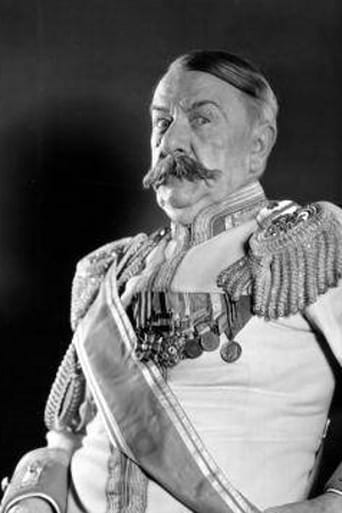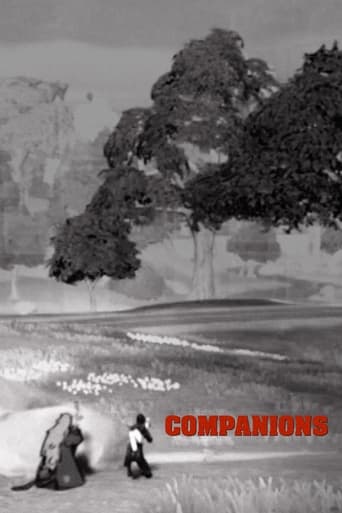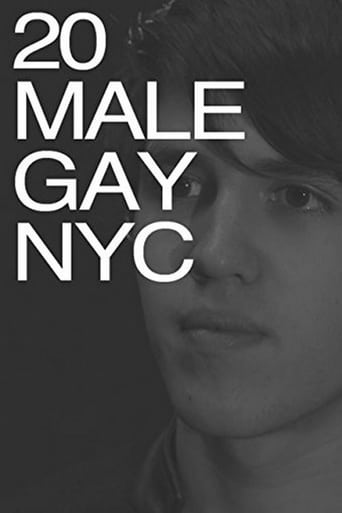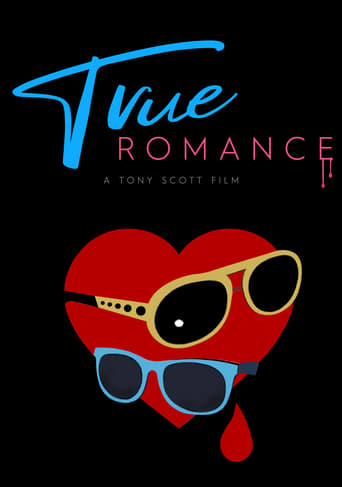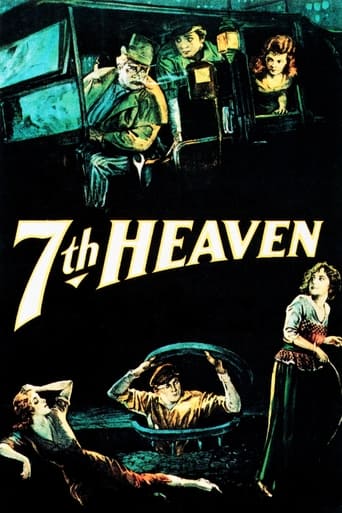
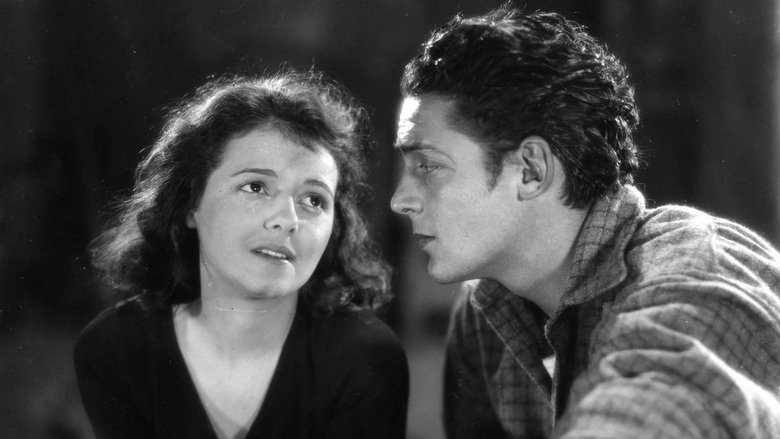
7th Heaven (1927)
A dejected Parisian sewer worker feels his prayers have been answered when he falls in love with a street waif.
Watch Trailer
Cast
Similar titles

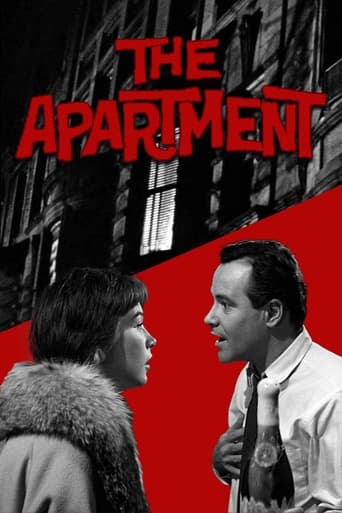
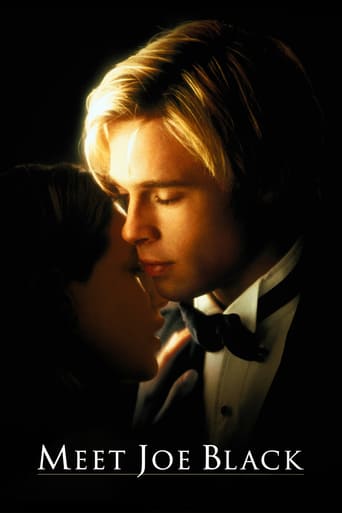
Reviews
The Worst Film Ever
Memorable, crazy movie
A terrific literary drama and character piece that shows how the process of creating art can be seen differently by those doing it and those looking at it from the outside.
All of these films share one commonality, that being a kind of emotional center that humanizes a cast of monsters.
"Seventh Heaven," Frank Borzage's poetic romantic melodrama from 1927, was the last of the three films nominated for the first Best Picture Oscar that I have now finished viewing (the other two being Lewis Milestone's "The Racket" and William A. Wellman's "Wings"). It's a sweet little movie about a meek waif (Janet Gaynor) who meets cute with a macho street cleaner (Charles Farrell) and then proceeds to fall in love with him, and he with her, while living together as a fake husband and wife in order to fool the authorities and prevent Gaynor from going to jail (that's another story, and is disposed of within the film's first 20 minutes or so). From there, the film transitions into full-blown melodrama as Farrell goes off to war and Gaynor waits stoically for him to return.This all would be enough to make one gag, if someone other than Borzage had directed it. He had a knack for taking the most saccharine subject matter and handling it with utmost delicacy; as a result, you're utterly charmed and swept up in the film's romanticism even as your head tells you you should be rolling your eyes. It also helps that Farrell and especially Gaynor were very good actors, and they make the characters believable while keeping the rampant sentimentality at bay.Borzage won the first Best Director Oscar for his work, and Gaynor was Oscar's first Best Actress, winning for this and two other films, "Street Angel" and "Sunrise," back when Oscars were given for entire bodies of work over a year and not for one specific film. Writer Benjamin Glazer completed the film's triplicate wins by taking home the first Oscar for Writing (Adaptation), before a screenplay award even existed."Seventh Heaven" was passed over in the Best Picture category for "Wings," and it also lost Art Direction (for Harry Oliver's impressive Parisian loft and WWI battlefield sets), but with five nominations it emerged as the most nominated film in Oscar's debut year.Grade: A
My wife and I saw this film 35 years ago at a retrospective house - a single showing with a packed house. We witnessed something we'd never seen before or since. When Diane finally finds the courage to stand up to her sister - taking the whip away and whipping her sister out of the apartment - the entire audience stood up and cheered. The film affected us so much that we named our daughter Diane. We didn't see the film again until it was released on VHS several years ago. If anything, having experienced more of life, it affected us even more strongly. We each went through multiple tissues crying tears of joy. Now we often say, "Al - Patricia - heaven!" Borzage has never failed to get at least a small weep from me but Seventh Heaven is his best.
Friday July 14, 8:00pm The Castro, San Francisco" The trouble with you is you won't fight. You're afraid! Me! I'm not afraid of anything! That's why I'm a very remarkable fellow!" His gift for transforming the mundane, commonplace world into something beautiful and dreamlike made the films of Frank Borzage extraordinary. '7th Heaven', and the heartbreaking performance of its star Janet Gaynor, virtually defined not only the 'Borzage' style, but also Gaynor's screen image and to an even greater extent, romantic love in Hollywood. The story of a Paris waif, saved by a sewer worker who pities her, was so wildly successful Fox spent years trying to equal it. Nothing ever did. The pairing of Gaynor with handsome leading man Charles Farrell presented a couple so attractive, likable and with such genuine chemistry, the two would go on to appear in eight films together, including two more with Borzage.A pitiful young girl from the Paris streets, Diane (Gaynor) is saved from death at the hand of her degenerate and violent sister Nana (Gladys Brockwell) by Chico (Charles Farrell), a sewer worker, who then tells police Diane is his wife to keep her out of prison. There is a sense that Nana's corruption is a moral burden imposed on the girl, who remains virtuous in her heart. Borzage's use of beautiful set design: the girls' decrepit home, the ancient cobblestone streets, Chico's rooftop garret and even the sewer, evoke an atmosphere that is both unreal and timeless. The ravishing sets created by Harry Oliver, whom Borzage used many times, add to the rich fairy-tale mood of a rather simple story, giving the characters an iconic quality.To avoid being caught in the lie, Diane timidly offers a suggestion. " Couldn't I stay at your place until the police come? Then I'd go away." Thoughtful and good-natured but very self- centered, Chico grows accustomed to the girl while Diane falls deeply in love with him. In a touching scene, she wraps herself in the arms of his coat she's been mending, and dreams. The moment when Chico and Diane finally profess their love is tender and genuine. She comes from the sky like an angel in her wedding dress and Chico is overcome with emotion. It is the rapturous and poetic fulfillment of young love.Released both silent and later with an overwrought (but effective) Western Electric 'Movietone' sound-to-film musical score, '7th Heaven' maintains its emotional impact regardless of the musical accompaniment. The surviving print is a 12 reel "road show" version screened in previews, the originally released nine reel theatrical version, cut by some 35 minutes, having been lost. '7th Heaven' is rife with obvious and improbable circumstances: The sudden onset of war without any previous hint or allusion. Diane's near murder virtually at Chico's feet, and several others later on. They seem insignificant in this story of tragic romance, which emphasizes what Andrew Sarris described as "Borzage's commitment to love over probability."
Some films are brilliant. Others are fine. This one is beyond category. Like Murnau's Sunrise, for instance, or Sjöström's The Wind, it is amazingly impossible to describe without going over the top. Especially since it concerns what the French Surrealistes dubbed "L'Amour Fou", the love that goes beyond reason, beyond society barriers, beyond the capacity to back down, and involves the story of a man(Charles Farrell) and a woman(Janet Gaynor) who discover passion through co-existing, and eventually meet up after one of them actually dies. Or does he?Beginning inauspiciously in a reconstructed, Dickensian Paris, the adventures of Chico and Diane start by an encounter, and in a scene that is paralleled by other Borzage films(A Man's Castle, Mannequin, Street Angel)has the man sheltering the woman at his home on the roofs to protect her both from prostitution and her family; This type of cohabitation is often the key to Borzage's love affairs in his melodramas, as if it was necessary to cohabit before discovering a connection between two people; at Chico's, they will co-exist, and fall in love, and even(As in Man's Castle and The Mortal storm)resort to a mock marriage before being separated by war: the necessity of fashioning a sacred link will elevate their love further. Chico is drafted into the French ranks; all the ensuing days though, they will "communicate" by taking an 11 o'clock break in whatever they're doing, in order to be reunited in thought, until one day Chico does not answer Diane's message. After a period of despair, Diane is ready to give him up, but as the war finishes, Chico unexpectedly returns: Borzage shows him in the street, blinded by a wound, but transfigured by love, walking through the cheers and congratulations of the people around him, as if both born again from the atmosphere of joy and indifferent to it, since his only goal is to see Diane again, to reach her before she stops believing in him. As the two lovers reunite they are all alone, in Seventh Heaven. This "ascension" motif is echoed in a surprisingly effective way by the fact that Chico works in the sewers when he rescues Diane(She is figuratively speaking "in the gutter" herself)and lives just under the roofs, where he can see the stars; thus we are foretold what the movement will be; Borzage had a set built to allow the vertical use of a camera in order to shoot the ascension of the stairways in one take. Another sign of the times is the expressionistic depiction of war by Borzage (Who will repeat the device in Lucky star two years later) war, seen in this film, is mud, explosions, sweat and fear, with no . It is a world entirely deprived of realism, but more simply it's a world that neither Chico nor Diane want to acknowledge. Apart from being very close to Murnau's experiments in stylization(Faust, Tartuff, Sunrise, The last Laugh), it is also a significant departure, on the part of an American director, from the realism of war as it was seen in The Big Parade(Vidor, 1925) or Wings(Wellman)the same year. Ford would partially repeat the move in his "Four Sons" in 1928 for... Fox. As everything in the film, war is a mental place, hence the possibility of escaping it mentally at a given time, or even simply an annoying obstacle between Chico and Diane, just as the notion of duty(Chico's duty as a soldier keeps him far away from his lover), or morals(If they submitted to the moral standards of their day, Chico would never offer Diane any shelter, let alone permanent accommodation, not even with a fake wedding): what we see in this film is desire elevated to the point of becoming a conduct. Chico desires Diane, or to be with Diane so much that he resuscitates. War, social conventions, death, nothing can stand in the way.Seventh Heaven is at first glance very usual melodramatic fare, but enhanced by the impressive skill of director Frank Borzage on the one hand, and also benefiting on the other hand very much from the rivalry of Murnau's Sunrise, that was also shot at the Fox Studios at the time. Everybody at Fox was invited to see what Murnau was doing, and the dailies provoked many a vocation. Ford, for instance, never recovered from seeing these images. Seventh Heaven is probably the first film having benefited directly from Murnau's influence, and it is a blessing that Borzage, without topping Murnau's effort, was able to almost equal it, by refusing to compromise by tampering with the lack of logic of the plot, or by allowing his two actors(Gaynor and Farrell, brilliant as ever together)free reign in the expression of their emotions, as suggested by the very genre of the film: Borzage's infamous tendency to weep on the shooting of his films is reported to have always been a key element of his direction on such films as this or his powerful MGM melodramas of the late 30s. To sum up, these twelve reels are an emotional experience, like the aforementioned masterpieces, and decidedly a key film from an exceptional period in the history of cinema.
